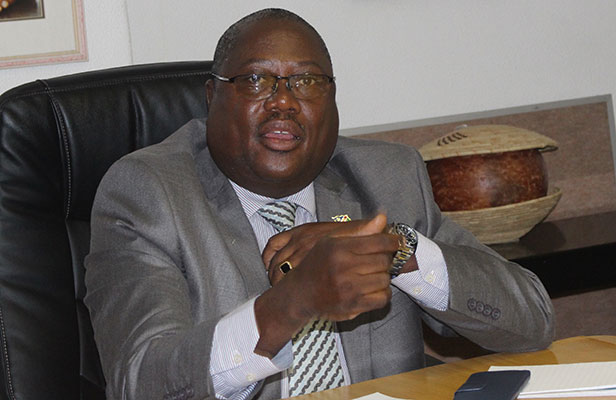NAMIBIA has ceased the issuing of machine-readable passports and will start issuing biometric or electronic passports as from Monday, 8 January 2018.
This was announced by the Ministry of Home Affairs and Immigration’s director for immigration and border control, Nehemia Nghishekwa, on Friday at a media briefing in Windhoek.
Nghishekwa explained that electronic passports are highly secure travel documents with a chip which enhances security.
“The drive is to maintain the integrity of the Namibian travel document and to render it difficult to forge,” said Nghishekwa.
He said the move was in line with International Civil Aviation Organization (ICAO) requirements, which urge all UN member states to implement the electronic passports.
Nghishekwa explained that Namibia had an untainted reputation internationally, making it an ideal target for international travel document fraudsters.
He noted that the electronic passports come with general security features, compared to the previous passports, adding that the electronic passports contain 40 pages compared to the 32 pages of the old passports.
The electronic passport features include the Namibian map on the inside of the cover page, images of the Namibian Parliament, the national flower of Namibia, the welwitschia mirabilis, and a watermark on all pages.
He said the machine-readable passports currently in circulation, which include ordinary, diplomatic and official passports, will run concurrently with the new electronic passports until they outlive their lifespan of up to five years.
“The current machine-readable passports are still accepted in internationally, however, they are phasing out,” he said.
An electronic passport will cost N$160 and the waiting period will remain the same.
– Nampa
Stay informed with The Namibian – your source for credible journalism. Get in-depth reporting and opinions for
only N$85 a month. Invest in journalism, invest in democracy –
Subscribe Now!









